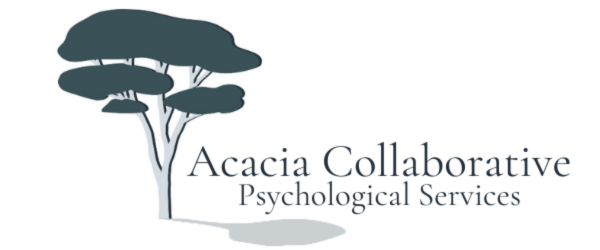Therapy for Childhood Emotional Neglect
Therapy for Childhood Emotional Neglect

What Is Childhood Emotional Neglect and Its Effects?
Childhood emotional neglect occurs when a child’s emotional needs—like being comforted, validated, or supported—are consistently overlooked or dismissed by caregivers. It’s not necessarily about what was done (like abuse), but rather what wasn’t done. This often happens in families that seem “normal” on the outside but lack emotional attunement.
Common effects of emotional neglect include:
-
Difficulty identifying or expressing emotions
-
Low self-esteem or chronic feelings of emptiness
-
Fear of depending on others or asking for help
-
A strong sense that “something is wrong with me”
-
Struggles with boundaries and self-worth in relationships
Because CEN is often invisible and unintentional, many adults don’t realize they experienced it until much later in life.
How do you break the cycle of childhood emotional neglect?
Breaking the cycle means becoming conscious of your own emotional patterns—especially in parenting or intimate relationships—and choosing to respond differently.
Ways to break the cycle include:
- Develop emotional literacy: Learn to talk about emotions in healthy, clear ways.
- Parent with emotional presence: If you’re a parent, prioritize emotional connection and responsiveness with your children.
- Model vulnerability: Let others see your emotions—it builds trust and intimacy.
- Create a support system: Surround yourself with emotionally safe people who validate and support your growth.
- Breaking the cycle doesn’t mean being perfect—it means showing up differently with intention and care.
What therapy is there for neglected children?
Therapy for emotionally neglected children focuses on creating a safe, validating environment where they can express emotions, build trust, and form a secure sense of self.
Effective therapies include:
-
Play Therapy: Helps children express feelings through creative play, especially when they can’t yet verbalize them.
-
Attachment-Based Therapy: Supports secure bonding and emotional regulation, particularly when early caregiving was inconsistent or emotionally distant.
-
Trauma-Focused CBT (TF-CBT): Combines cognitive strategies with emotional processing to address trauma or neglect.
-
Parent-Child Interaction Therapy (PCIT): Teaches caregivers how to respond more sensitively and attune to their child’s emotional needs.

Can EMDR help with childhood emotional neglect?
Yes, EMDR (Eye Movement Desensitization and Reprocessing) can be effective for treating the effects of childhood emotional neglect, especially when neglect has resulted in chronic self-esteem issues, attachment wounds, or emotional numbness.
While EMDR is best known for treating trauma like PTSD, it can also help reprocess early emotional experiences where needs were unmet. EMDR helps clients revisit these experiences in a safe, controlled way and reframe the negative beliefs that were formed (e.g., “I don’t matter,” “I’m unlovable”). Many clients find it powerful for shifting long-held emotional patterns that stem from early neglect.
How to heal from emotional neglect in childhood?
Healing from childhood emotional neglect involves reconnecting with your inner emotional world and learning that your feelings are valid and worth honoring. It’s about giving yourself the emotional care you didn’t receive as a child.
Steps toward healing include:
-
Naming the neglect: Recognizing what was missing in childhood is the first step toward change.
-
Building emotional awareness: Start identifying and labeling your feelings—journaling can help.
-
Practicing self-compassion: Talk to yourself with the kindness you wish you had received.
-
Reparenting yourself: Learn to meet your own emotional needs as an adult.
-
Therapy: A trauma-informed or emotionally focused therapist can guide you through healing and help you form healthier relationship patterns.
Getting Started Is Easy
STEP ONE: CONTACT US
At any point in your decision to pursue therapy or assessment, feel free to contact us with questions. We will gladly talk with you over the phone to determine if one of us will be a good fit. Visit our Contact Page.
STEP TWO: INTAKE
Once you have scheduled an appointment, you will be emailed forms to complete electronically prior to your first appointment. If we are in-network with your Aetna, Blue Cross Blue Shield, or State Health Plan insurance benefits will be processed.
STEP THREE: FIRST SESSION
Your first appointment will be 60 minutes. In this first appointment, we will discuss what brought you in, your history, and will develop a “game plan” with you to work toward your goals.
Contact Acacia Collaborative
Ask a question or book an appointment below.
Hours
Monday through Friday
9AM-8PM
Saturday: 9AM-3PM
Durham Office:
3710 University Drive #302, Durham, NC 27707
Cary Office:
570 New Waverly Pl #210, Cary, NC 27518
Online Therapy
All of North Carolina
Insurance
Accepting Aetna, Blue Cross Blue Shield, State Health Plan, Out-of-Network Superbills & Private Pay
Services
Mental Health Therapy & Psychological Assessments
